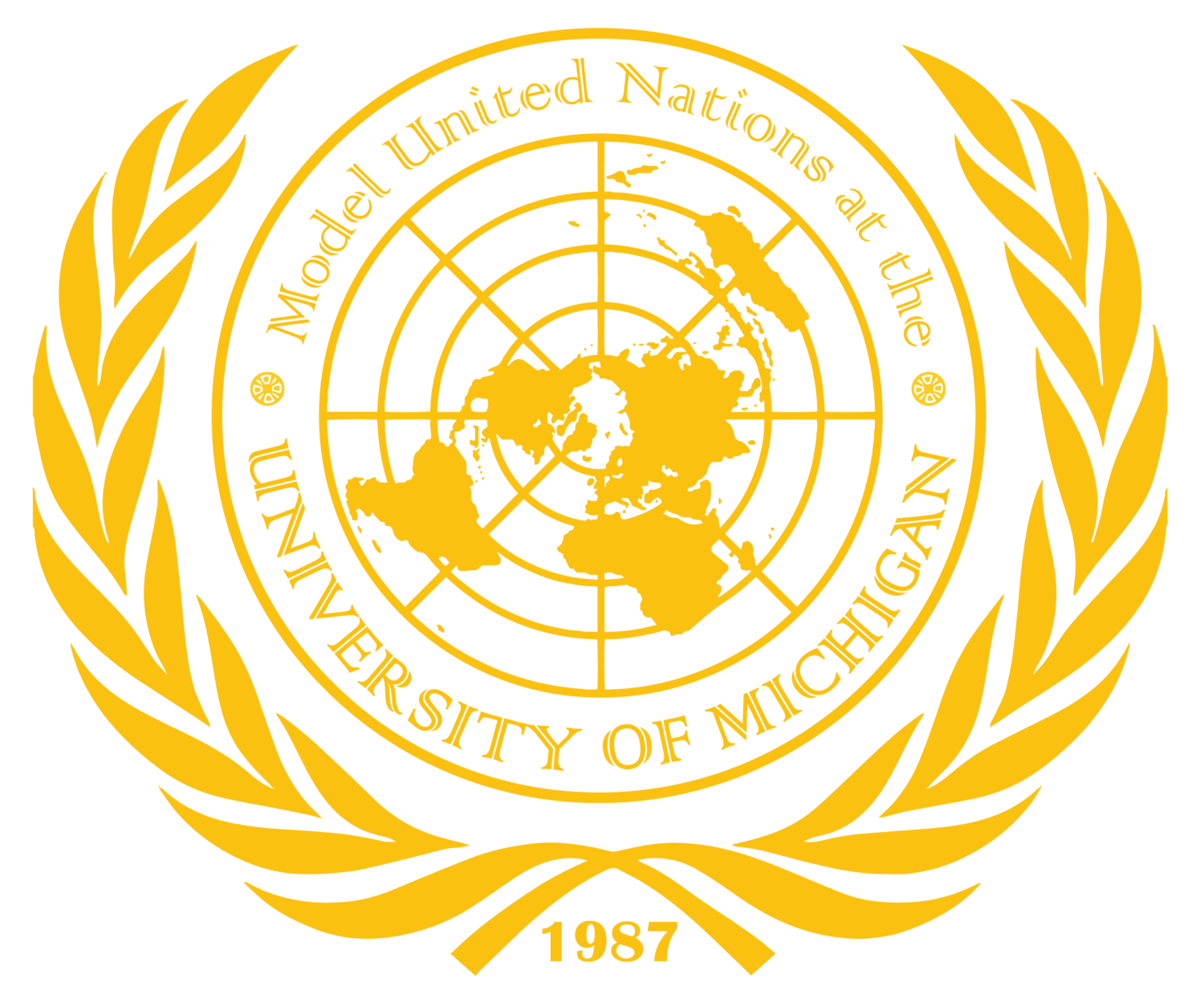By: Edison Park
The Japanese Reconstruction Agency met for a second session today to discuss specifics regarding plans of action. Following the continued debate on what aspects of the crisis should be prioritized, the agency split into blocs to push directives. Two directives were passed in this session.
The first directive, sponsored by Sakiko Fukuda-Parr, Osamu Fujimura, Masanori Yamamoto, and Minoru Hanada, focuses on providing immediate relief to the Japanese citizens and stabilizing nuclear power plants. The Evacuation 101 and Nuclear Stabilization Directive allocates a total of 190 billion yen (approx. 1.9 billion USD) for the following actions:
Have top Japanese construction companies build temporary shelters (100 billion yen)
Have NGOs lead an evacuation of a 20-kilometer radius of the Fukushima Daiichi and Daini power plants (5 billion yen)
Utilize trucks owned by TEPCO, a Japanese utility company, to transport government-owned generators and water to stabilize nuclear reactors (25 billion yen)
Provide care packages that are to be distributed by NGOs every 3 days (50 billion yen)
Evacuation of those not impacted by the nuclear blast in response to other problems caused by the disaster (10 billion yen)
The second directive, sponsored by Yuichiro Hata, Renho Saito, Shingo Ura, Kiyoshi Kurokawa, Aiko Sugimoto, Shigeru Sugawara, and Sekita Yasuo, focuses on the livelihood of the Japanese people and the consequences of both of the natural disasters and the following nuclear radiation. The Rescue, Evacuation, and Supply Directive outlines the following ideas:
Send preliminary alerts directed towards towns within 5 kilometers of the nuclear disaster for evacuation purposes
Use the Japanese Air Self-Defense to help the evacuation
Instruct local governments to distribute medicine to the people for the radioactivity
Allow the efforts made by foreign nations
Create an agency to deal with radiation-affected areas
Use government media to spread transparent news on the situation
Concerns with the second directive were introduced by Masanori Yamamoto, Osamu Fujimura, and Sakiko Fukuda-Parr, specifically regarding the weight of foreign influence, funding, and a lack of specific information. Delegates mainly found troubles with the fifth operative clause, which insinuates a reliance on foreign aid. Despite these concerns, the directive barely passed with ten votes for and six votes against.
The committee will continue the discussion for further action after lunch.
